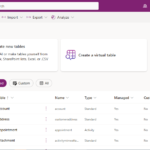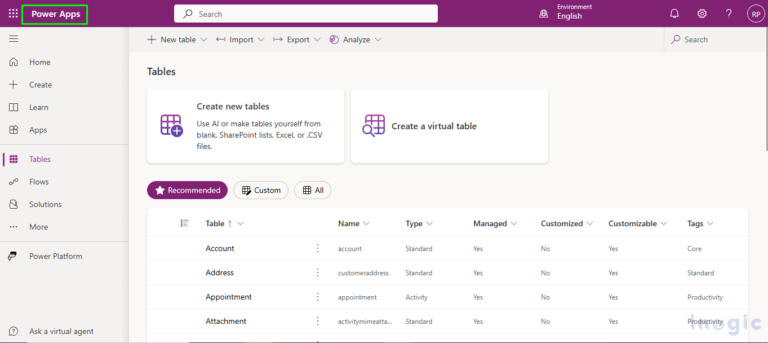In today’s competitive landscape, selecting the right customer relationship management (CRM) solution is crucial for business success. Two of the most popular platforms are Odoo and Salesforce. While both offer robust features, they cater to different business needs and budgets. Let’s delve into the key differences and advantages of each platform to help you make an informed decision.
1. Overview of Odoo and Salesforce
Odoo is an open-source ERP platform that provides a comprehensive suite of business applications, including CRM, inventory management, accounting, and project management. Its modular approach allows businesses to choose the applications they need, making it highly customizable and cost-effective.
Salesforce, on the other hand, is a leading cloud-based CRM platform that specializes in customer relationship management. It offers a wide range of features tailored to enhance sales, marketing, and customer service. Salesforce is known for its scalability, making it suitable for both small businesses and large enterprises.
2. Customization and Flexibility
One of Odoo’s standout features is its customization capabilities. Businesses can tailor Odoo to their specific processes, allowing for a personalized experience. The open-source nature of Odoo means that developers can easily modify the code to meet unique requirements.
Salesforce also offers customization options through its AppExchange, where users can find a plethora of third-party applications to enhance their CRM experience. However, while Salesforce provides flexibility, it often comes at a higher cost, especially when adding premium features or apps.
Don’t forget to check out: Salesforce vs Hubspot: Which CRM Should You Go For?
3. Pricing Structure
Cost is a significant factor when choosing a CRM. Odoo operates on a transparent pricing model, charging based on the number of users and the applications chosen. This makes it an affordable option for small to medium-sized businesses. Additionally, the community edition of Odoo is free to use, providing a cost-effective entry point for businesses looking to implement a CRM.
Salesforce’s pricing can be more complex, with various plans that can escalate in cost as businesses scale. While it offers extensive features, the overall expense can be a barrier for smaller companies.
4. User Experience and Support
When it comes to user experience, Odoo provides a clean and intuitive interface that is easy to navigate. Its integrated approach ensures that all applications work seamlessly together, reducing the learning curve for new users.
Salesforce, while powerful, can be overwhelming for first-time users due to its vast array of features. However, it offers excellent customer support and a wealth of resources, including extensive documentation and a vibrant community.
5. Conclusion
Both Odoo and Salesforce have their strengths and weaknesses. If you are a small to medium-sized business looking for a cost-effective, customizable CRM solution, Odoo might be the right choice for you. Conversely, if you require a more extensive, scalable platform and are prepared to invest, Salesforce could be the better option.
Ultimately, the best CRM for your business will depend on your specific needs, budget, and long-term goals. Evaluate both platforms thoroughly and consider conducting a trial to see which solution aligns best with your operational requirements.









